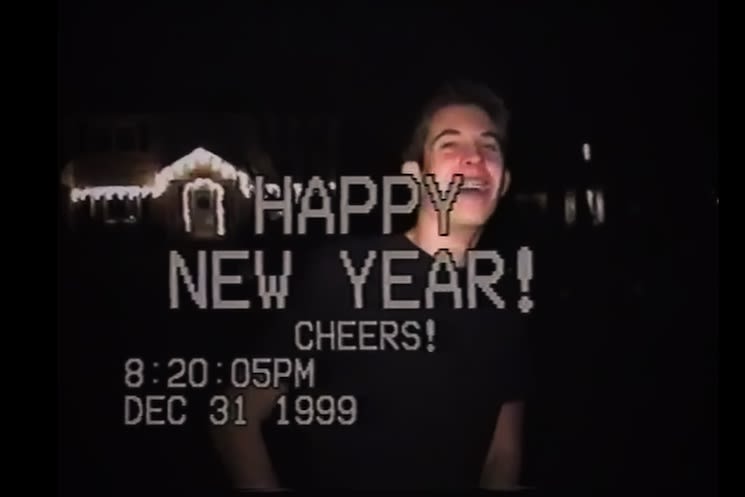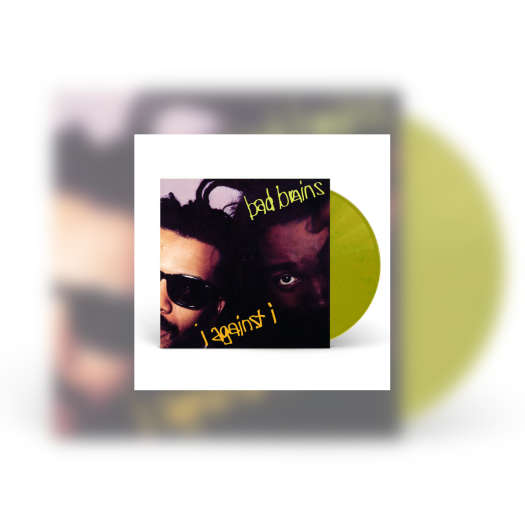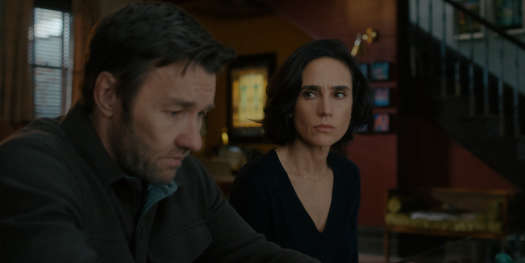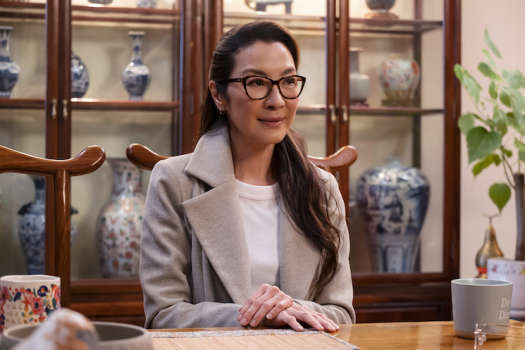Those of a certain age will recall the excitement of the new millennium. Magazine covers had celebrities adorned in silver space-looking outfits and Will Smith was telling us to party like it was 19—hold up, it was. Accompanying this elation for what was to come was a restlessness, particularly among the technophiles and survivalists. In a new documentary, co-directors Marley McDonald and Brian Becker recreate the hysteria leading up to the turning over of a new millennium, and without offering an interesting lens or perspective to consider the archival footage, Time Bomb Y2K is nothing more than a history lesson clip show.
Time Bomb Y2K relies very heavily on the many talk shows and news segments produced at the time, interviewing technology experts to better understand the challenges ahead. For the Gen-Z and younger readers who may not be aware: the primary concern was that microchips weren't set up to go from 1999 to 2000, rather, they would restart at 1900. As ludicrous as it may sound today, this technical "glitch" was thought to have serious repercussions around the world, from terrorist attacks to stock market meltdowns. These fears were compounded by individuals reading (and preaching) religious and ancient texts that warned of an Armageddon-like end.
McDonald and Becker's film picks up in the mid-'90s when anxious sentiments are boiling away, and tech specialists are making the rounds on television and in print. The main focus is on South African-Canadian computer engineer Peter de Jager who had been warning of the potential collapse since the 1980s when he was employed at IBM. De Jager soon became the face of the Y2K panic; he wrote articles, published a book and made several television appearances alerting the public to an impending doomsday. Time Bomb Y2K shares an interview with de Jager where the host accused the engineer of stoking fear solely for his financial gain, a notion begging for further examination, but never touched on again in the documentary.
The idea of revisiting Y2K in a documentary is a promising premise with a lot of potential, especially given the amount of time that has passed since the new millennium began. With de Jager in particular, a man who was so sure that the year 2000 would spell the end of the world as we knew it, there is ample opportunity to revisit his claims and what resulted when midnight hit, and nothing happened. Were his concerns valid in retrospect? Was he an unscrupulous opportunist?
The film also showcases a number of survivalists who were preparing for a technological apocalypse. One couple even sold their belongings, opting to move out into the sticks and live off the grid. What happened to these people? Have they returned to civilization and are pissed at the financial ramifications they've surely endured? Or have they doubled down on the survivalist mindset in the last 20-plus years?
A lot of fascinating stories are waiting to be told regarding Y2K, and unanswered questions are begging for analysis, none more intriguing than if the sirens set off were truly over nothing or if it was the hard work of engineers and software specialists that prevented a disaster. Time Bomb Y2K isn't interested in exploring any of these issues, though.
It's clear that the intention of this film was never to investigate. McDonald and Becker simply compile a host of clippings from the '90s and stitch them together to create a visual and oral history of the years leading up to the year 2000 without any narration or talking head interviews to supplement the footage. While this may be informative for those who were too young to remember or weren't born yet, without any focus, perspective or angle, the film feels akin to a Y2K News YouTube playlist.
Time Bomb Y2K relies very heavily on the many talk shows and news segments produced at the time, interviewing technology experts to better understand the challenges ahead. For the Gen-Z and younger readers who may not be aware: the primary concern was that microchips weren't set up to go from 1999 to 2000, rather, they would restart at 1900. As ludicrous as it may sound today, this technical "glitch" was thought to have serious repercussions around the world, from terrorist attacks to stock market meltdowns. These fears were compounded by individuals reading (and preaching) religious and ancient texts that warned of an Armageddon-like end.
McDonald and Becker's film picks up in the mid-'90s when anxious sentiments are boiling away, and tech specialists are making the rounds on television and in print. The main focus is on South African-Canadian computer engineer Peter de Jager who had been warning of the potential collapse since the 1980s when he was employed at IBM. De Jager soon became the face of the Y2K panic; he wrote articles, published a book and made several television appearances alerting the public to an impending doomsday. Time Bomb Y2K shares an interview with de Jager where the host accused the engineer of stoking fear solely for his financial gain, a notion begging for further examination, but never touched on again in the documentary.
The idea of revisiting Y2K in a documentary is a promising premise with a lot of potential, especially given the amount of time that has passed since the new millennium began. With de Jager in particular, a man who was so sure that the year 2000 would spell the end of the world as we knew it, there is ample opportunity to revisit his claims and what resulted when midnight hit, and nothing happened. Were his concerns valid in retrospect? Was he an unscrupulous opportunist?
The film also showcases a number of survivalists who were preparing for a technological apocalypse. One couple even sold their belongings, opting to move out into the sticks and live off the grid. What happened to these people? Have they returned to civilization and are pissed at the financial ramifications they've surely endured? Or have they doubled down on the survivalist mindset in the last 20-plus years?
A lot of fascinating stories are waiting to be told regarding Y2K, and unanswered questions are begging for analysis, none more intriguing than if the sirens set off were truly over nothing or if it was the hard work of engineers and software specialists that prevented a disaster. Time Bomb Y2K isn't interested in exploring any of these issues, though.
It's clear that the intention of this film was never to investigate. McDonald and Becker simply compile a host of clippings from the '90s and stitch them together to create a visual and oral history of the years leading up to the year 2000 without any narration or talking head interviews to supplement the footage. While this may be informative for those who were too young to remember or weren't born yet, without any focus, perspective or angle, the film feels akin to a Y2K News YouTube playlist.




